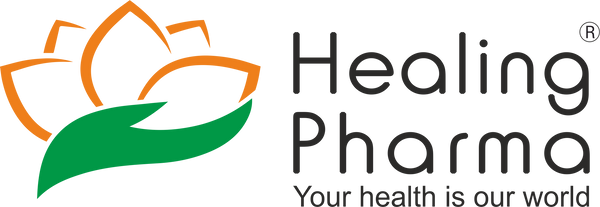Acne is often associated with the teenage years, but for many, it persists beyond puberty, especially when influenced by medical conditions such as Polycystic Ovary Syndrome (PCOS). For individuals with PCOS, acne can be a particularly stubborn and frustrating issue, often presenting as deep, painful nodules rather than the more superficial pimples typically seen in adolescent acne. Additionally, acne flare-ups are frequently reported to intensify in the lead-up to menstruation.
In this article, we’ll explore practical strategies and sustainable remedies for managing PCOS-related acne, which stems from hormonal imbalances. Implementing these tips can help you achieve clearer skin and boost your confidence.
What Causes Acne in PCOS?

PCOS is characterized by an overproduction of androgens—male hormones present in both men and women. This hormonal imbalance stimulates excess oil production in the skin, leading to acne. Common areas affected include the face, back, neck, and chest. Women with PCOS need to adopt a more diligent skincare routine compared to those without the condition due to the specific nature of their acne.
Common causes of acne in general include:
- Trapped dead skin cells
- Hormonal fluctuations due to medications or pregnancy
- Excessive oil production
- Stress
- Insufficient hydration
- Incorrect use of skincare products and makeup
Remedies and Tips for Managing PCOS-Related Acne
Over-the-counter (OTC) acne treatments often fail to address the root cause of hormonal acne. To effectively manage PCOS-related acne, consider these targeted approaches:
- Incorporate Salicylic Acid
Salicylic acid is an acid exfoliator that effectively treats acne by removing dead skin cells, reducing sebum production, and unclogging pores.
Benefits:
- Treats existing acne
- Exfoliates dead skin cells
- Reduces oil production
- Unclogs pores
- Use Glycolic Acid Cream
Glycolic Acid helps manage PCOS acne and improve skin texture while reducing the blemishes and hyperpigmentation. Incorporating Glycolic Acid cream or face wash not only helps in reducing acne but also reduces acne spots naturally while improving the complexion of the skin.
Benefits:
- Unclogs pores
- Lightens acne scars
- Rejuvenates skin
- Evens out skin tone
- Apply Sunscreen Daily
Glycolic and Salicylic Acids have the ability to increase the skin’s sensitivity. Hence, it is important to use sunscreen every day to protect the layers of the skin from the sun's rays. Every day application of sunscreen further helps in maintaining the efficacy of these acne treatments.
Benefits:
- Prevents premature skin aging
- Reduces skin inflammation
- Lowers risk of freckles and skin cancers
- Limit Carbohydrate Intake
Refined carbohydrates, such as those found in sweets and white bread, quickly convert into sugar, which further leads to exacerbate acne. Opt for low-glycaemic foods to stabilize insulin levels and reduce oil production.
Did You Know?
A low-glycaemic diet helps prevent sudden blood sugar spikes, which can indirectly impact the intensity of acne formation. Such a diet is further useful in reducing acne in individuals with acne-prone skin.
Benefits:
- Enhances insulin sensitivity
- Controls acne flare-ups
- Reduces sugar cravings
- Mitigates fatigue
- Improve Your Diet
Junk food can contribute to inflammation and worsen acne. Focus on anti-inflammatory foods such as tomatoes, walnuts, spinach, almonds, turmeric, and kale.
Benefits:
- Increases energy levels
- Supports overall mental and physical health
- Aids in healing acne and reducing inflammation
- Achieve a Healthy Weight
Weight management can help reduce insulin resistance and normalize menstrual cycles, which in turn can alleviate PCOS-related acne.
Benefits:
- Improves blood pressure and cholesterol levels
- Regulates blood sugar levels
- Enhances sleep quality
Engage in Regular Exercise
Moderate physical activities like walking, running, cycling, and swimming can improve insulin metabolism and help manage acne.
Benefits:
- Strengthens bones and muscles
- Manages PCOS symptoms
- Enhances mood and sleep quality
Conclusion
PCOS-related acne is a common symptom of the condition due to hormonal imbalances. Fortunately, the strategies outlined above can help manage and reduce acne effectively. If you suspect your acne is linked to PCOS, consult with a healthcare professional or dermatologist to explore potential treatments and medication options. Healing Pharma’s Acnetop S Face Wash with Salicylic Acid and Glycolic Acid. The powerful duo wonderfully targets acne, pimples, clogged pores, excess oil, acne spots, and uneven bumps. Try this face wash today!
For clearer skin and effective management of PCOS-related acne, reach out to a dermatologist today!


